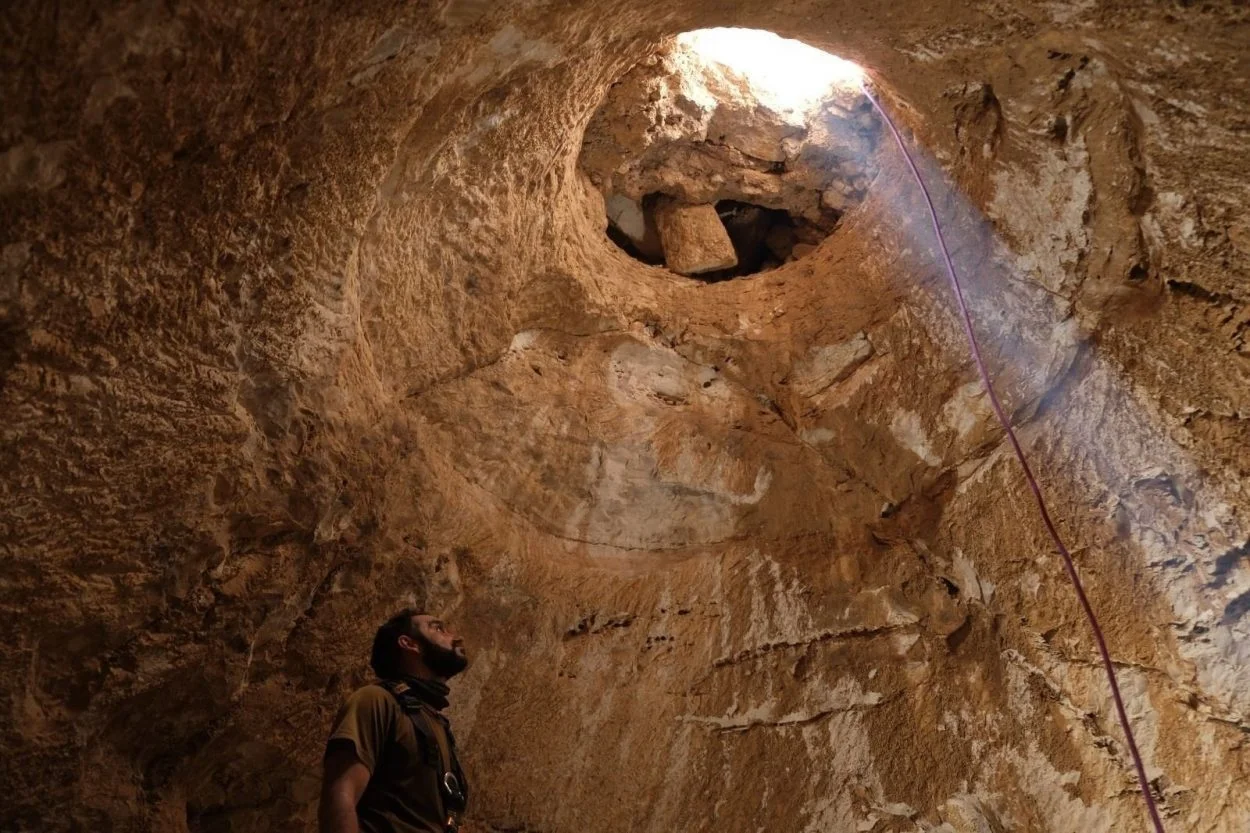Archaeologists from the Israel Antiques Authority (IAA) have uncovered a luxury estate that dates from the Islamic Period.
The team made the discovery during works to build a new neighbourhood in the city of Rahat in the Negev desert, located in Southern Israel.
The region was formerly ruled by the Al-Tayaha tribe (Al-Hezeel clan), a Negev Bedouin people that settled in the Sinai Peninsula during the early years of the Muslim conquests.
Archaeologists found a large estate with a central courtyard that sits on a vaulted complex and a three-metre-deep rock-hewn water cistern which dates to the Early Islamic period from the 8th to 9th century AD.

The estate has four wings, in which one of the wings has a hall paved with a marble and stone floor and walls decorated with frescoes using finely coloured red, yellow, blue, and black pigments.
Some of the other rooms had plaster floors and large ovens for cooking, while fragments of delicate glass serving dishes have also been uncovered.
“The luxurious estate and the impressive underground vaults are evidence of the owners’ means. Their high status and wealth allowed them to build a luxurious mansion that served as a residence and for entertaining”, said the excavation directors – Oren Shmueli, Dr. Elena Kogan-Zehavi and Dr. Noé D. Michael.
Eli Eskosido, Director of the Israel Antiquities Authority said: “The Israel Antiquities Authority and the Authority for the Development and Settlement of the Bedouin are planning together to conserve and exhibit the finds to the general public.”
Header Image Credit : Israel Antiquities Authority





